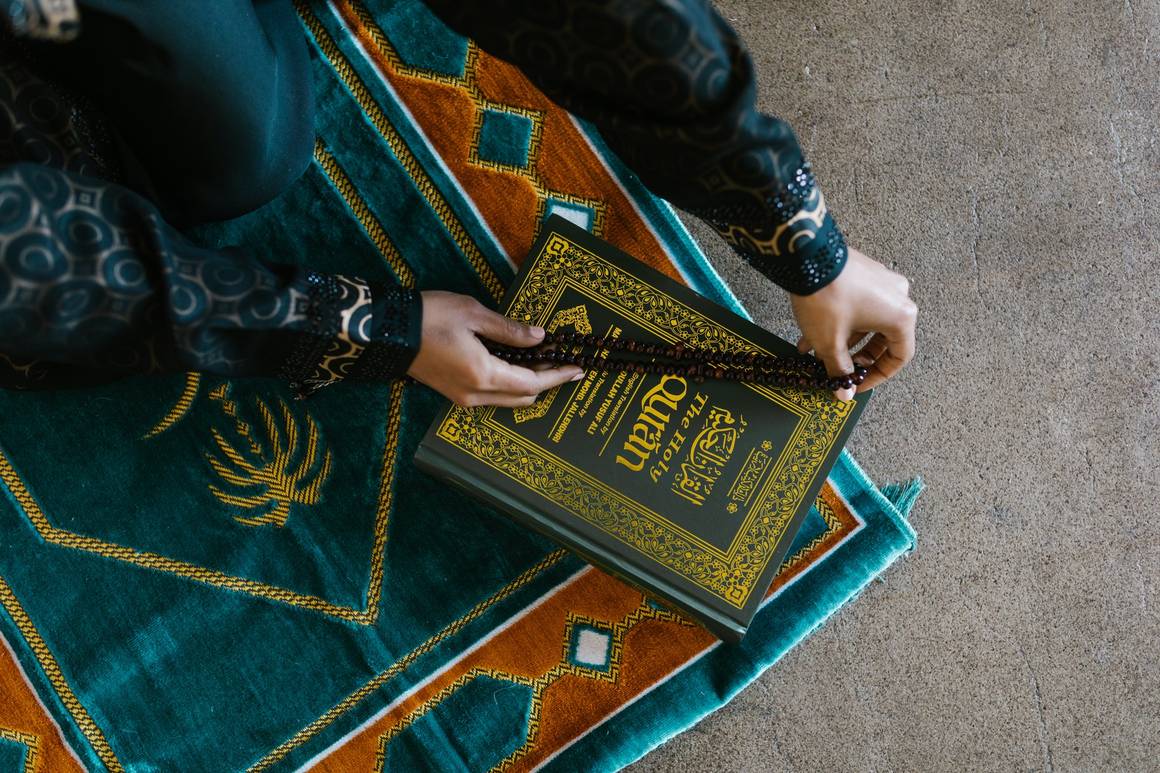Muslim history unrolls a rich tapestry of socio-cultural events, scientific discoveries, intellectual advancements, and spiritual wisdom that continue to intrigue minds globally. However, there is much more that meets the eye. In this post, we will explore 10 surprising things you never knew about Muslim history, proving once again that knowledge is a boundless Universe.
1. The Oldest University Founded by a Muslim Woman
You may not have heard of the University of Al Quaraouiyine while recollecting the world's oldest universities. However, this institution in Morocco has a history that dates back to 859 AD, and surprisingly, it was established by a Muslim woman, Fatima al-Fihri. It remains fully operational today, making it the oldest existing and continually operating educational institution according to UNESCO and the Guinness World Records.
2. First-Ever Comprehensive Medical Encyclopedia
One astounding fact about Muslim history is the contribution of Persian polymath, Ibn Sina (Avicenna), to medicine. His masterpiece, 'The Canon of Medicine,' written in the 11th century was the first comprehensive medical encyclopedia. It served as the primary medical reference book in Europe for more than 600 years, demonstrating Islam's significant contribution to modern medicine.
3. Coffee's Muslim Connection
Your morning coffee has a delightful history you probably never thought about. Originating in Ethiopia, coffee was first brewed extensively in Yemen in the 15th century. Sufi Muslim monastics primarily used it as a stimulant to stay awake for nighttime devotions. Coffee is now a daily routine for many globally.
4. Zero’s Role in Modern Mathematics
Indian mathematicians may have invented zero, but did you know it was the Muslim civilization that introduced the concept to the Western world? This vital contribution paved the way for advanced calculations in algebra, geometry, and arithmetic - the corner stones of modern mathematics.
5. Islamic Golden Age: Birth of Algebra
Speaking of mathematics, not many are aware that Algebra, a fundamental branch of math, was developed during the Islamic Golden Age. The famed mathematician, Al-Khwarizmi, contributed heavily to this field, his seminal work casting groundwork for algebra that significantly influenced mathematical thought worldwide.
6. Libraries and Museums in Baghdad
Between the 8th and 13th centuries, Baghdad was a crucialcenter of wisdom and learning. The city boasted impressive libraries and museums, housing precious artifacts, books, and literature. The House of Wisdom (Bayt al-Hikmah) for instance, is a globally celebrated institute that served as a thriving hub for scholars seeking knowledge.
7. Advanced Urban Planning
The ancient city of Baghdad was meticulously planned, featuring ringed walls segmented into four quadrants to reduce traffic and encourage organization. This actually reflects the high level of architectural knowledge and advanced urban planning in the Muslim world long before contemporary city designs.
8. Islamic influence on European renaissance
Many historians now acknowledge that the European Renaissance would not have been possible without the immense intellectual contributions from the Islamic world. From the arts and culture to science, philosophy, and architecture, many European advancements were greatly influenced by Muslim thinkers.
9. Concept of Quarantine
The concept of quarantine, which has become globally significant during the current COVID-19 pandemic, can be traced back to the teachings of Prophet Mohammed. He proposed principles of quarantine to prevent the spread of contagious diseases, a concept that was later adopted and refined by Europeans during the Plague.
10. Golden Age of Muslim Literature
During the Islamic Golden Age, poetry and literature flourished with countless volumes of poems, stories, and plays written, many of which continue to be read and cherished today. Renowned poets like Rumi and Hafiz, who continue to inspire millions worldwide, emerged during this period.
In conclusion, the depth of Muslim history goes beyond mere timelines and dynasties. It ensnares a realm of knowledge, evolution, and principles that continue to shape the world in numerous unseen ways. Delving into its richness only leaves us wiser, connecting us with a past that calls for respect and appreciation.


